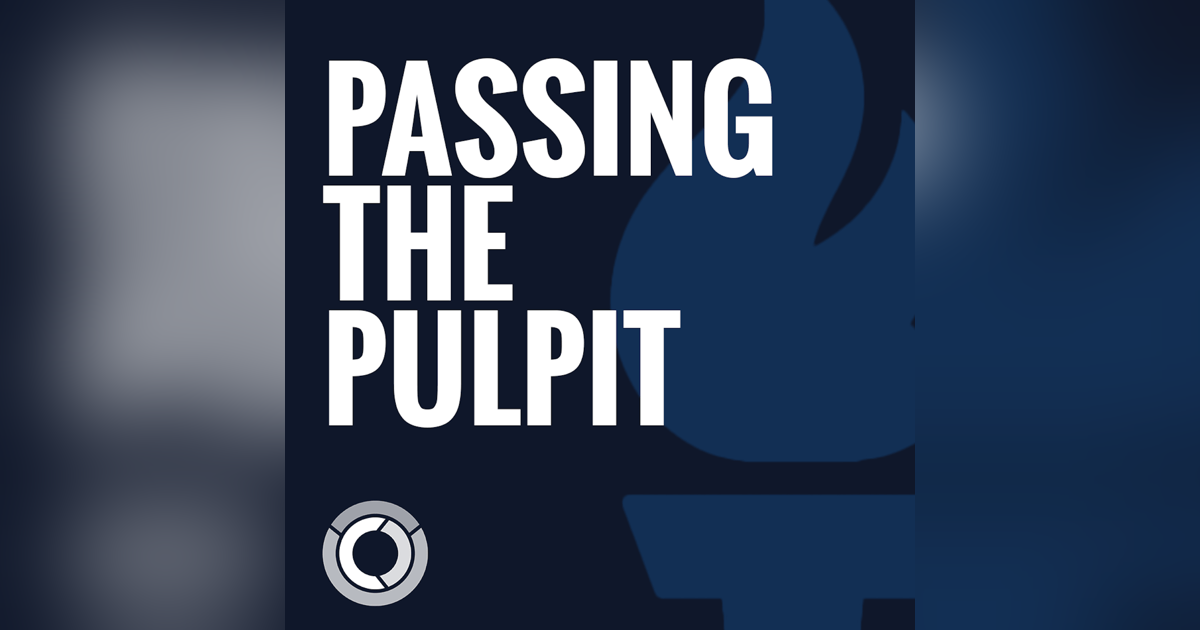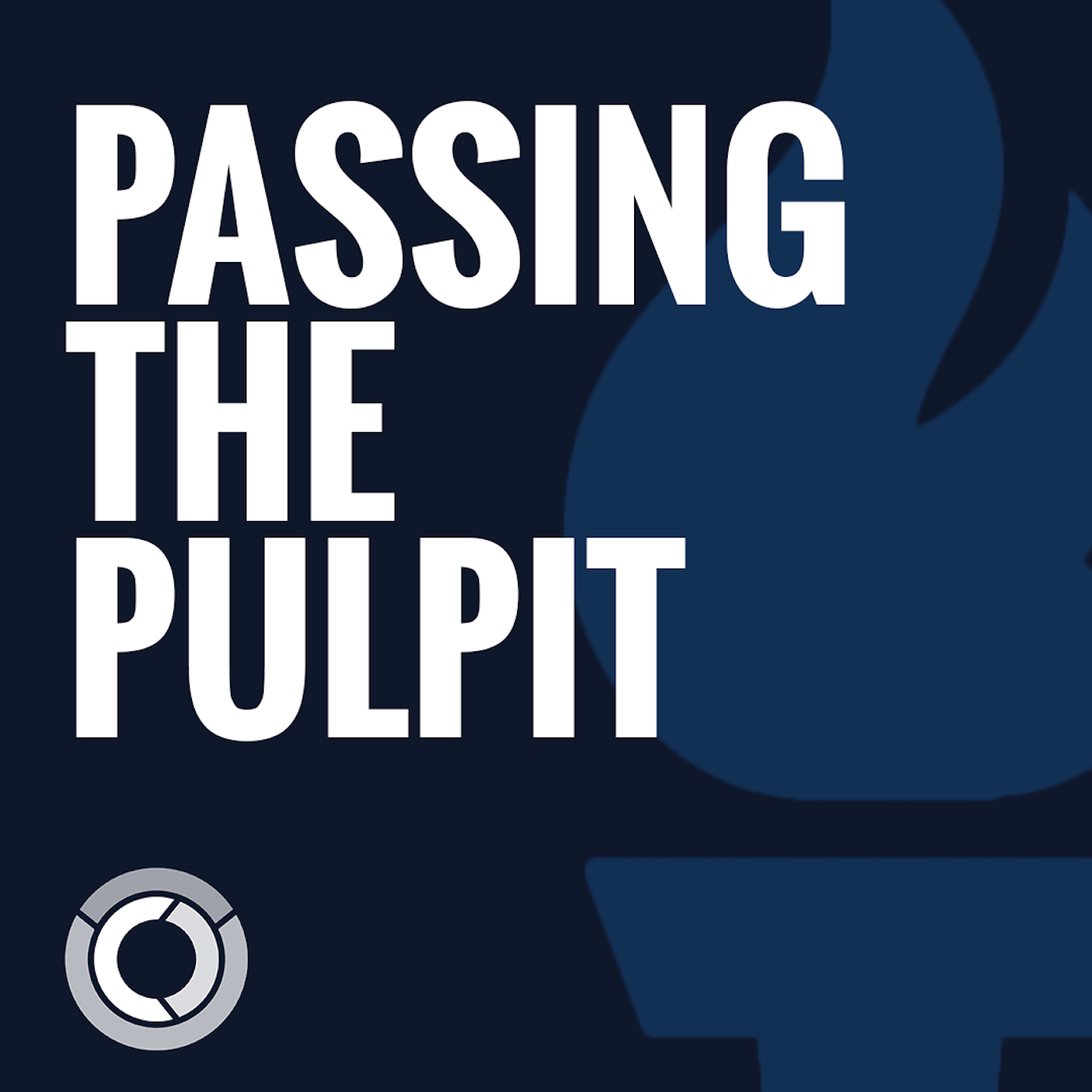AI and the Pastor’s Heart: Can Technology Deepen Ministry?


Can a machine capture divine inspiration, or is that uniquely human?
In this thought-provoking conversation, pastor and pioneering CEO Johnny Levy shares how artificial intelligence is reshaping creativity, identity, and the future of ministry. Together, we explore the promises and pitfalls of AI in sermon writing, leadership, and spiritual formation.
From AI-generated storytelling to the irreplaceable role of the Holy Spirit, we wrestle with questions every ministry leader is facing: Where does technology help, and where does it hinder? Along the way, Johnny offers practical insights on using AI as a tool without losing sight of authenticity, resilience, and the sacred calling of the pastor.
Tune in to discover how faith and technology can work in harmony, and why the heart of ministry still beats strongest through human connection and the guidance of the Holy Spirit.
(00:02) Exploring AI Impact in Ministry
(13:01) AI vs Holy Spirit in Sermons
(25:04) Navigating Use of AI in Ministry
(28:46) Navigating AI Tools in Ministry
(37:31) AI vs Human Connection in Ministry
You can find Johnny here —> https://substack.com/@johnnylevy and pick up his book HERE.
Follow SermonCentral on Instagram, Facebook, and YouTube